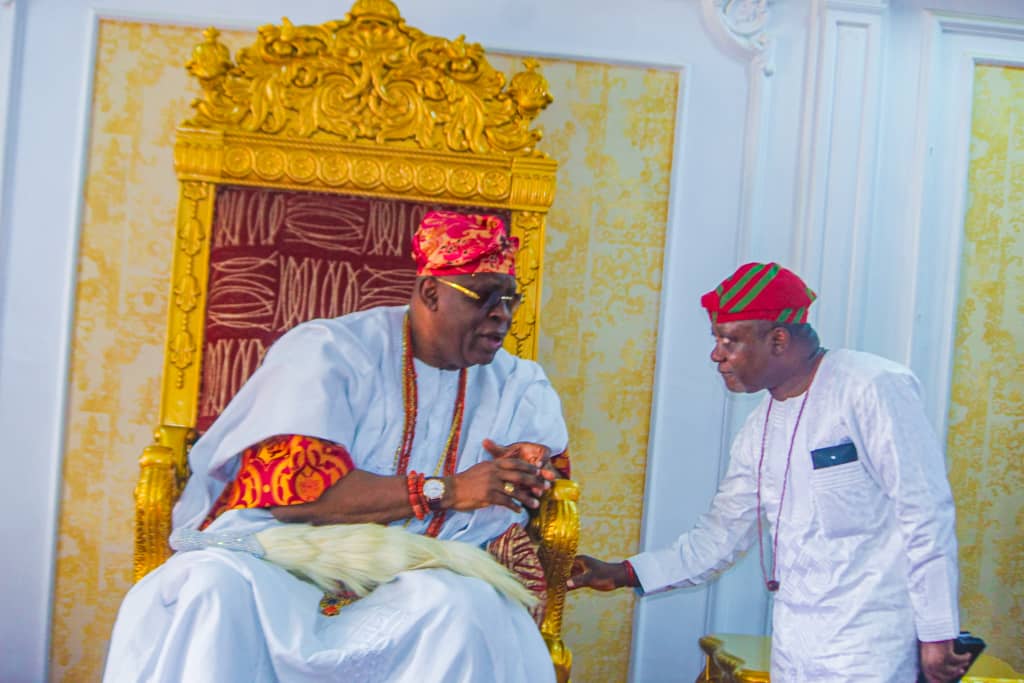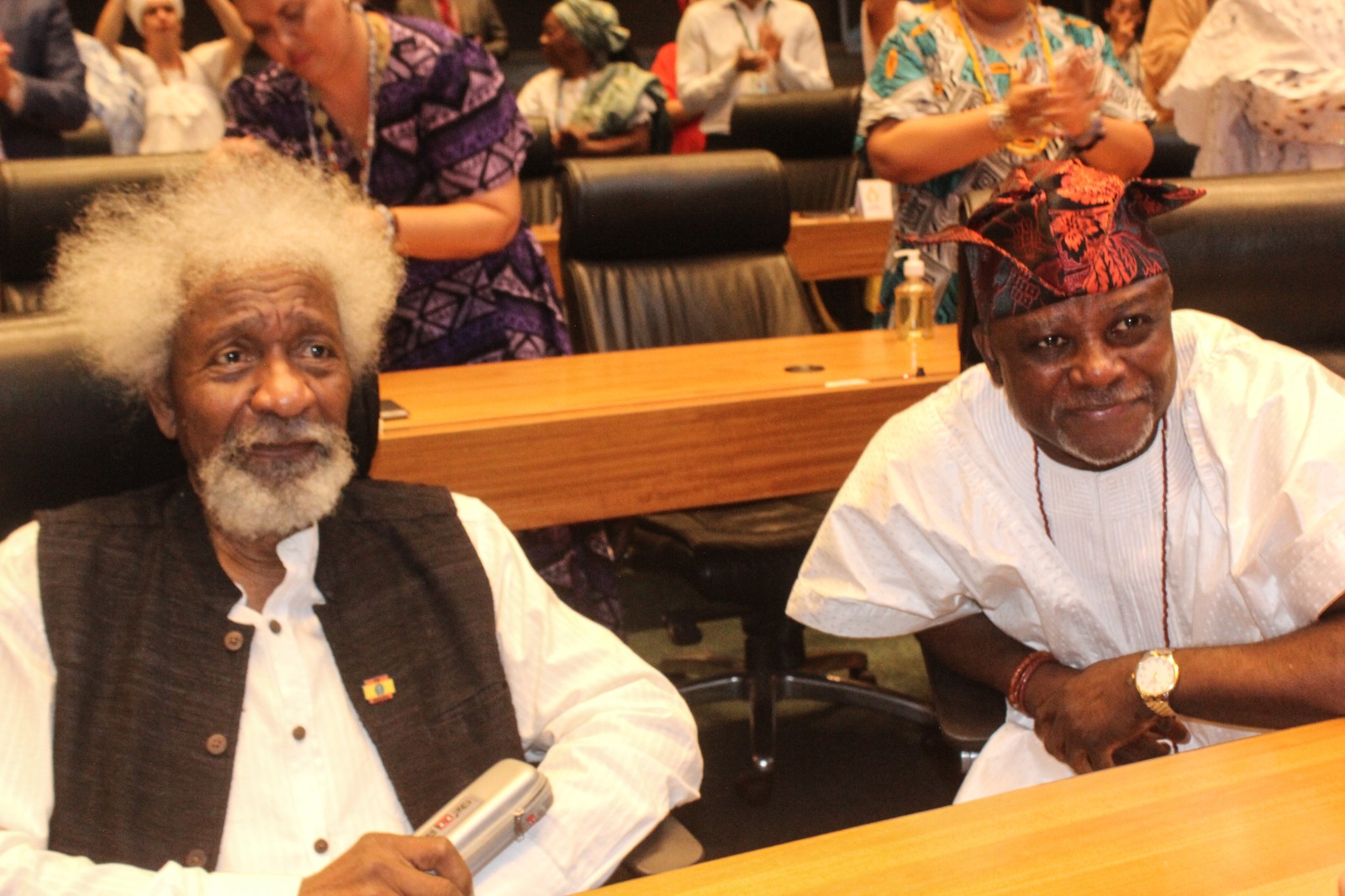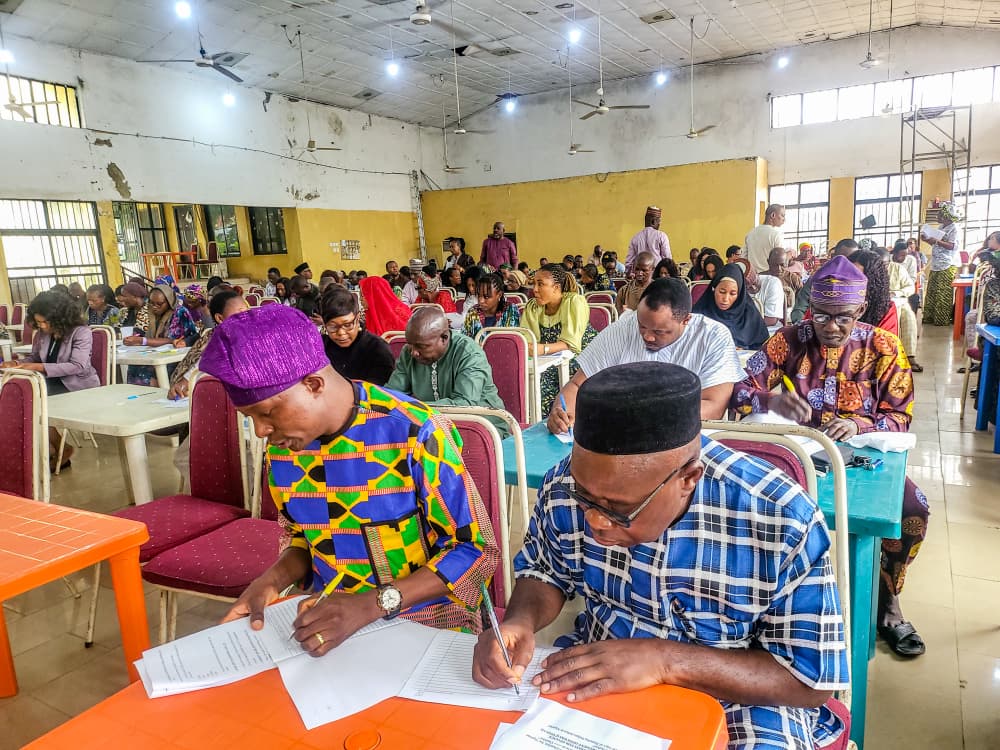The National Commission for Museums and Monuments (NCMM), on Thursday, 15th June, 2017, organised what it termed, “The Return of the Lost Treasures: An Exhibition of Repatriated Artefacts”, at the National Museum, Onikan, Lagos.
Welcoming guests at the event, the Director-General, NCMM, Alhaji Yusuff Abdallah Usman, said the occasion was to celebrate the success so far recorded on the return of our cultural properties that were looted or stolen over the years and adorning museums, galleries and private homes abroad.
He enumerated the efforts made by NCMM at recovering these items in collaboration with foreign institutions, acknowledging the immense support of the Honourable Minister, Alhaji Lai Mohammed, and contributions of past CEOs of NCMM, the Director of Hamburg Museum, Dr. Barbara Plankensteiner, and many others; and he also appealed to museums and public institutions around the world illegally holding on to Nigerian antiquities to hand them over to NCMM.
The technical session, which was moderated by Mr. Olaniyi Taiwo, had a panel of discussants, namely, Prof. Folarin Shyllon (UNESCO), Prof. Jean M. Borgatti (University of Benin), and Mr. Pierre Cherruou (Cultural Attaché, French Embassy); and the topic was, “Illicit Trafficking of Cultural Properties”.
Prof. Shyllon, in his contribution, opined that each country should have agents that can stop illicit trafficking in cultural properties, saying INTERPOL has excellent data base of stolen artworks, and advocated the setting up of a Special Police Force Unit, in line with INTERPOL directive that, a National Cultural Heritage Unit be set up by Member States.
According to him, Nigeria must have adequate inventory of her artworks for easy identification when they are found, advising that Nigeria should also domesticate all the Conventions that we are Party to, as this can become a hurdle in cases of litigation.
On her part, Prof. Borgatti identified the dearth of well-trained Art Historians in Nigeria and the poor attitude of Nigerian students to Art History as major issues of concern, saying most Nigerian students are uncomfortable with objects in the museum because of the historical and religious colourations.
According to her, the objects are taken as fetish; and that, these are some of the challenges that trained people can adequately address, to make the students recognise the value of things that come from the museum.
Also contributing, Mr. Perry Cherruou enumerated the efforts of the French Government in bringing back cultural properties illegally taken; and that, so far, he has witnessed nine restitutions, saying that Nigerian children do not know Nigerian Art History like Nok Culture, which he had come to study 15 years ago, when he first visited the National Museum, Lagos.
He stated that it was easier to find Nok Culture artworks in Cotonou, Lome, France, Switzerland, etc. than in Nigeria, expressing optimism that more and more artefacts will be returned and that France was seriously fighting trafficking in cultural properties.
In his remarks, Hon. Oghene Egoh, Member, House Committee on Culture and Tourism, commended the DG, NCMM, for the efforts in bringing the artworks back home, maintaining that, where a man comes from is known by his artefacts, debunked the argument that Africans did not have history before the coming of the Europeans; and adding that this has been debunked by carbon dating and other methods of measuring historical objects.
He noted the poor patronage of our National Museums, contrary to the New York Museums and others in Europe that witness high turnover of visitors, expressing the hope that, this could be corrected if children are encouraged to visit museums to see our past.
Hon. Egoh enjoined the Honourable Minister of Information and Culture, Alhaji Lai Mohammed, to get the Honourable Commissioners for Education and the Vice Chancellors of Universities in the country, to look into ways by which students can take interest in our museums, as it is the last place any of them will want to visit.
In his keynote address, the Honourable Minister of Information and Culture, Alhaji Lai Mohammed, expressed gratitude for being able to attend the programme as he would have regretted, taking into cognisance the quality of the attendees.
He said he had to come personally, “to let Nigerians understand that culture is as important as petroleum, rather that, culture is more important than petroleum. When petroleum would have dried up, culture will still be around”; and condemned the perception of Nigerians towards culture and the creative industry, saying there must be a change of mindset.
He narrated an incident concerning a former Honourable Minister of Culture, who, when he was nominated as a Minister, received several congratulatory messages but when his portfolio was announced, he never got any call; that there were comments that after all the things he had done for the party, all they could give him was the CULTURE MINISTRY.
Alhaji Lai Mohammed said that the fastest economies in the world today are driven by the creative industries; and it is culture that drives them, maintaining that Christianity and Islam, the two major religions in Nigeria today, did a lot to de-market culture.
He observed that there is a difference between Faith and Culture; and, according to him, both religions made their followers to believe that anything cultural was wrong and immoral.
He promised to liaise with the Inspector General of Police to establish a Special Force to address the illicit trafficking in our cultural properties, saying Italy has an entire division of the Army in charge of stolen artefacts; and directed NCMM to ensure that of all Nigeria’s stolen treasures are returned from wherever they may be.
Also, that they should look into the system of issuing licences and clearances, to check and stop the export of artefacts, and enjoined NCMM, Nigeria Customs Service and other law enforcement agents to check the illicit trafficking in our cultural properties.
The Minister used the opportunity to commend the NCMM Management for being a good host and all the guests for finding time to come, before declaring the exhibition open and undertaking a guided tour of the repatriated objects on display in the Museum.
Louis Eriomala
Director, NICO Lagos Office


